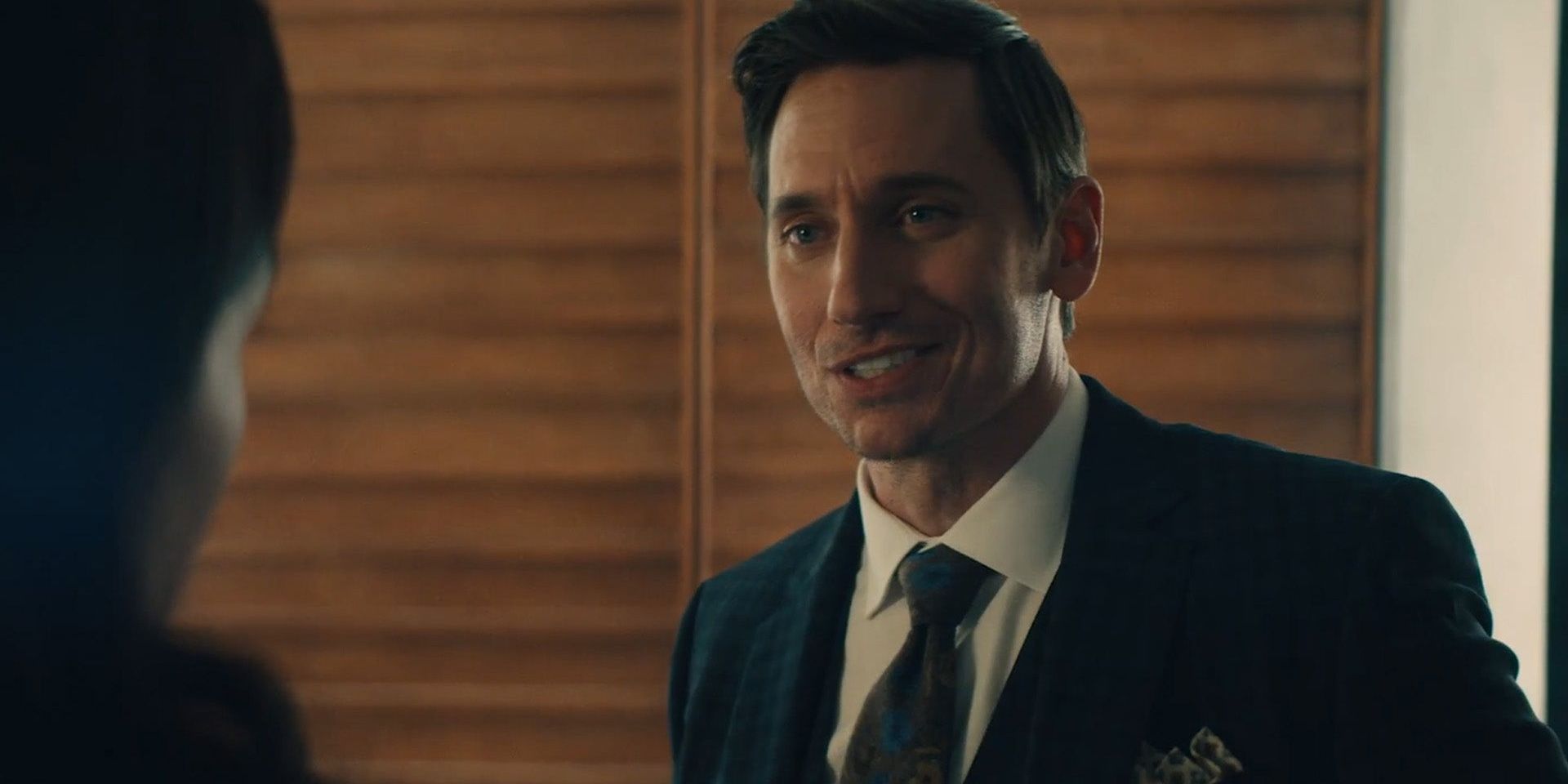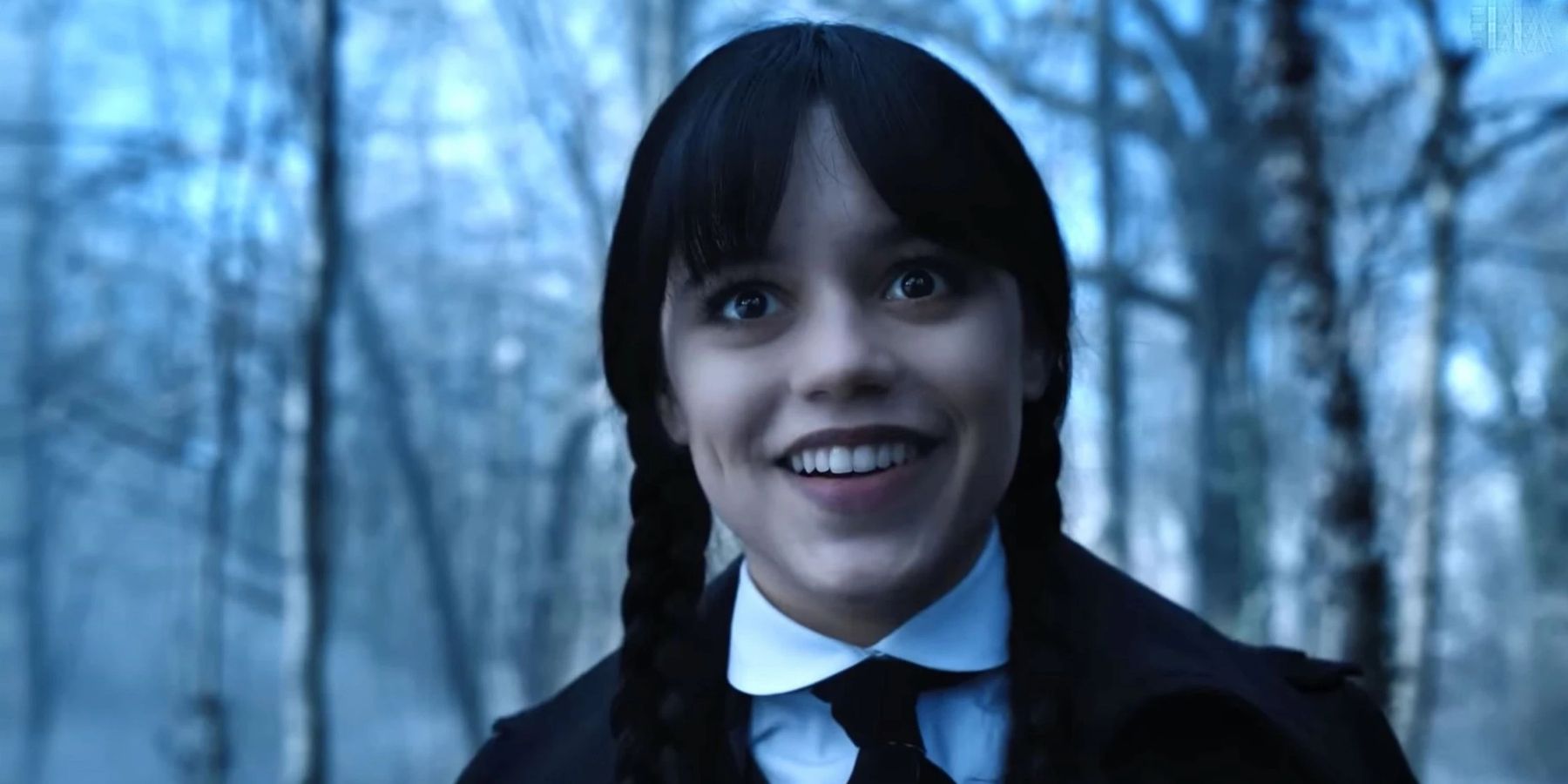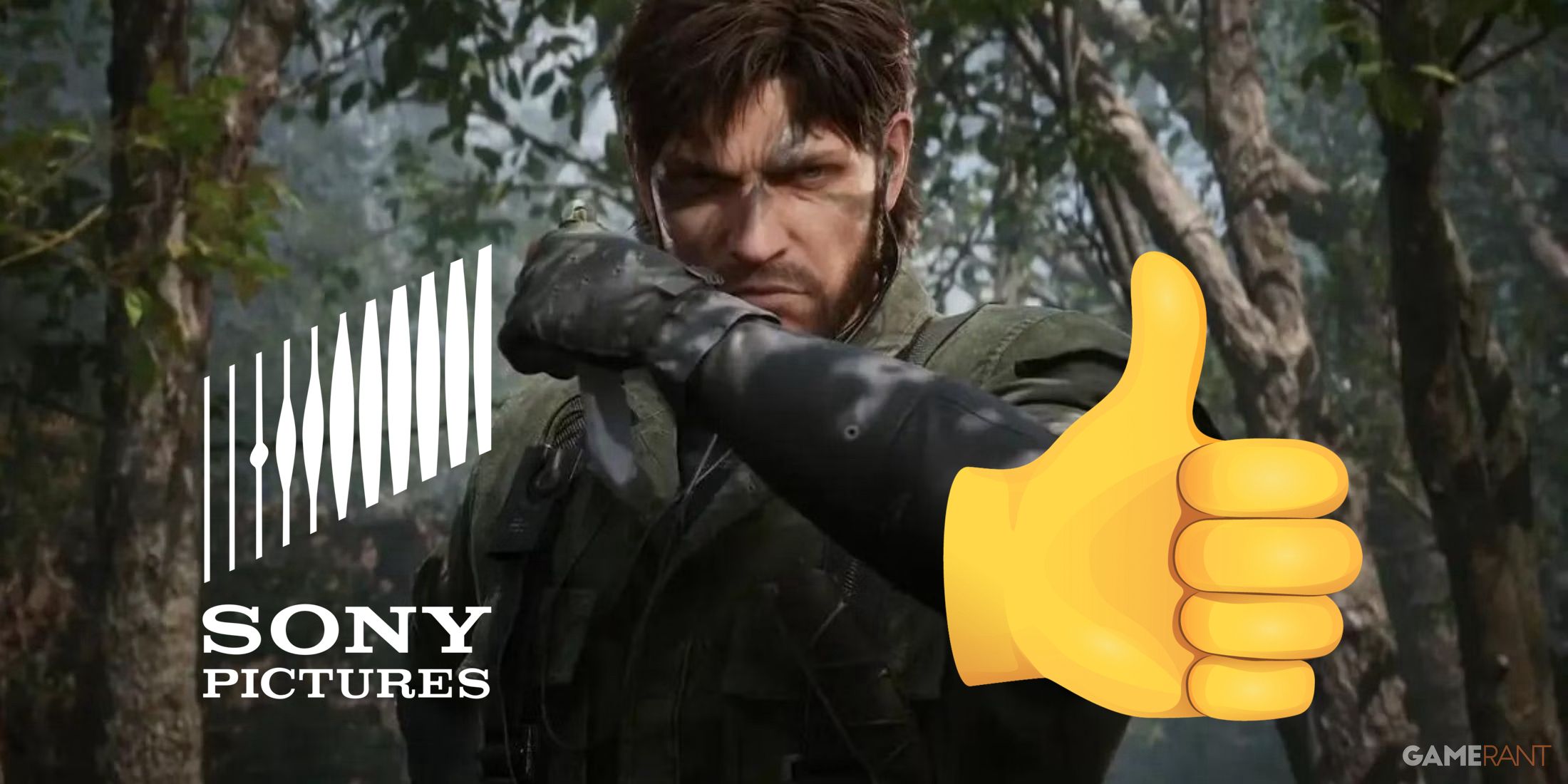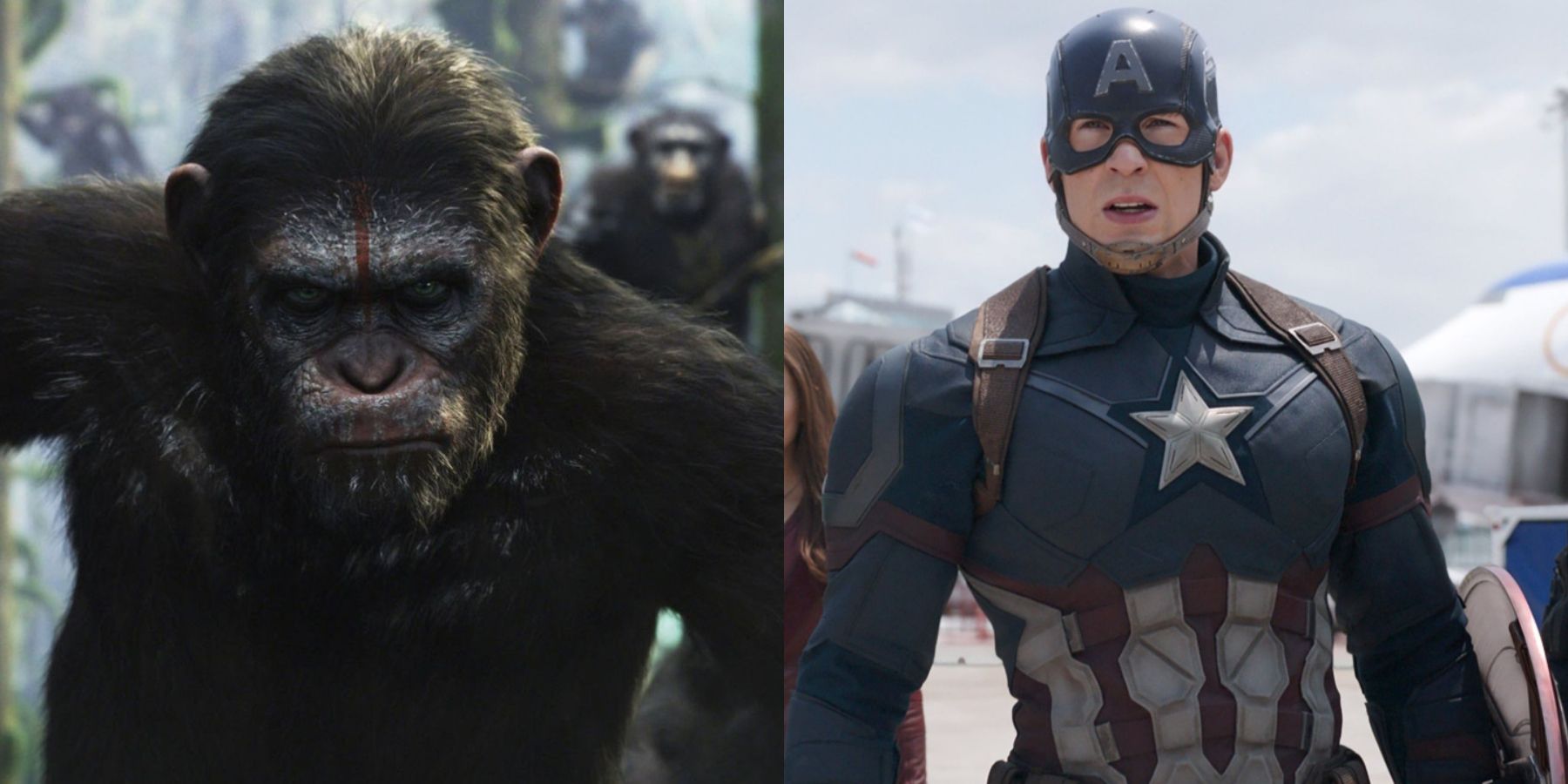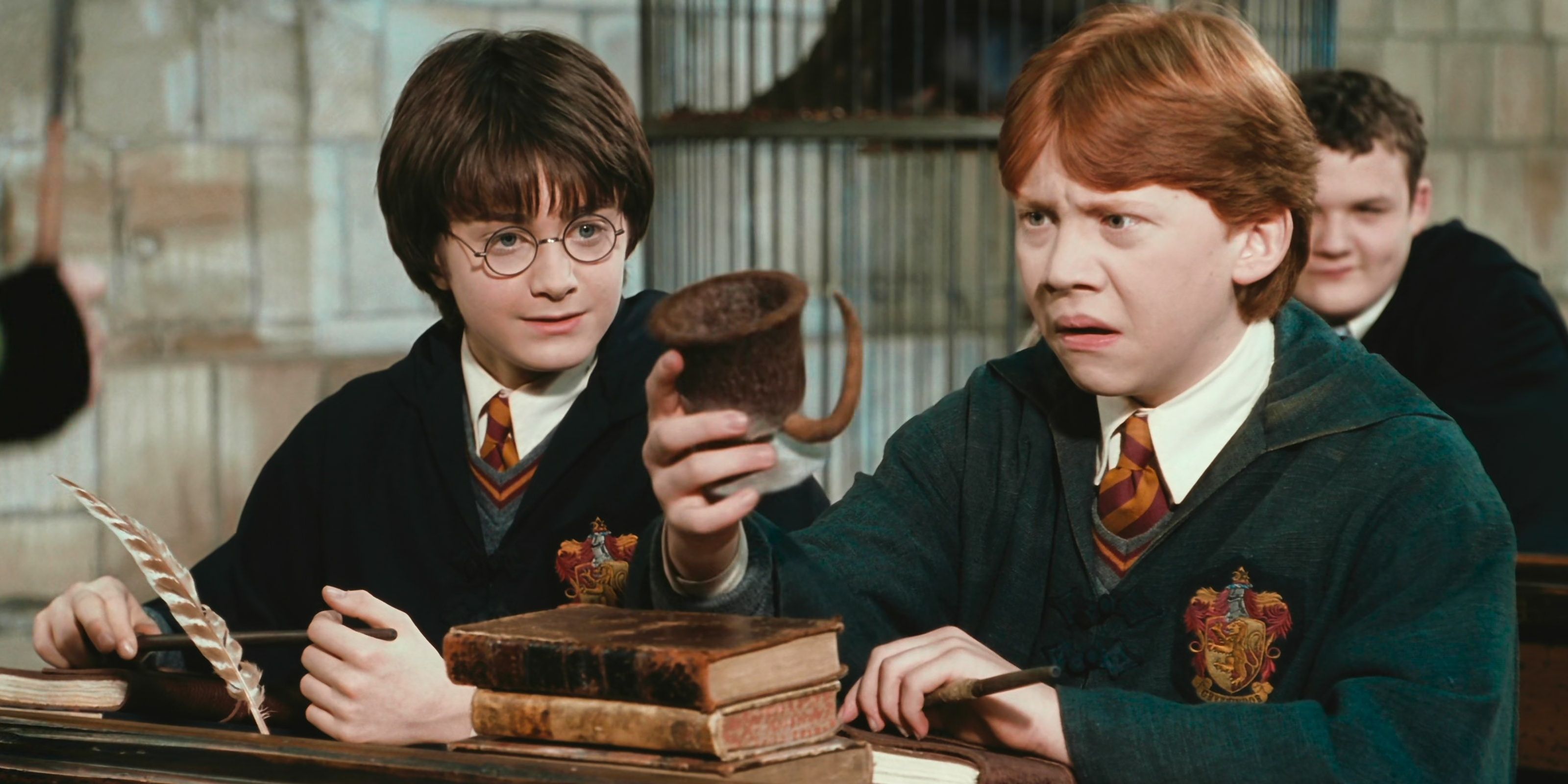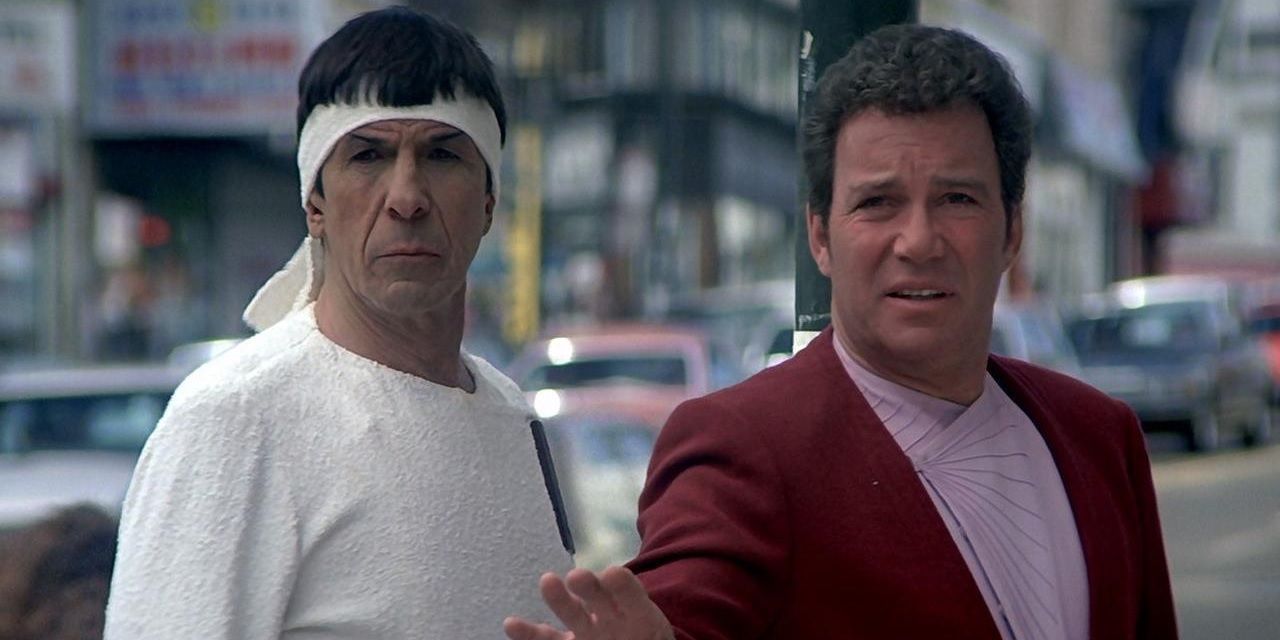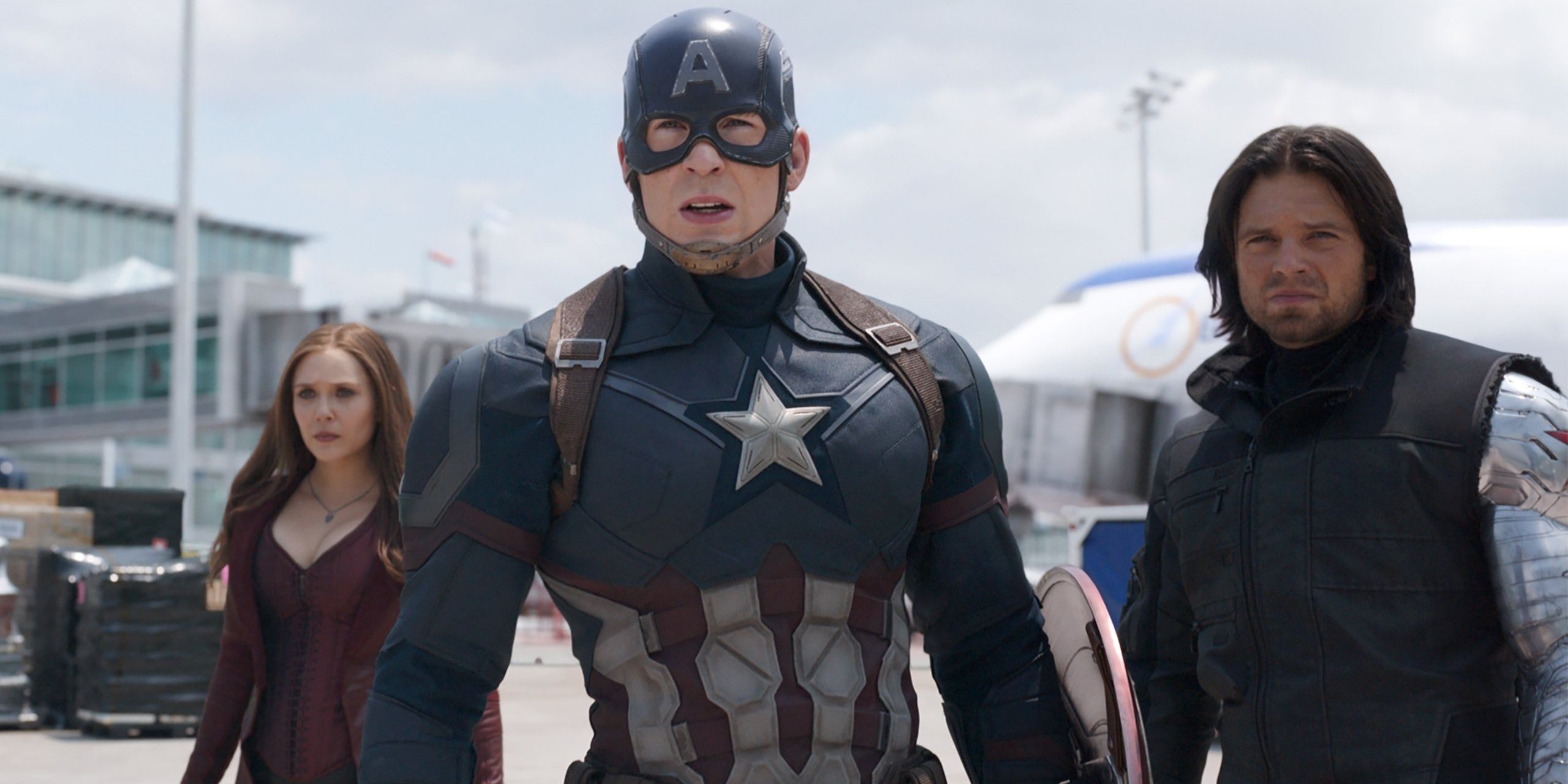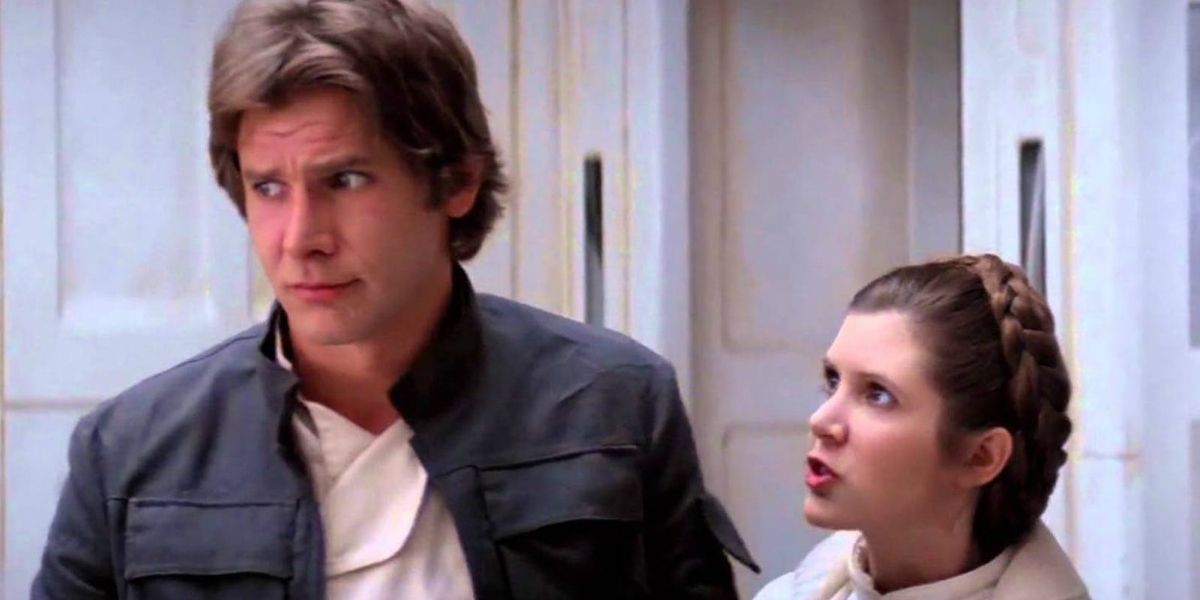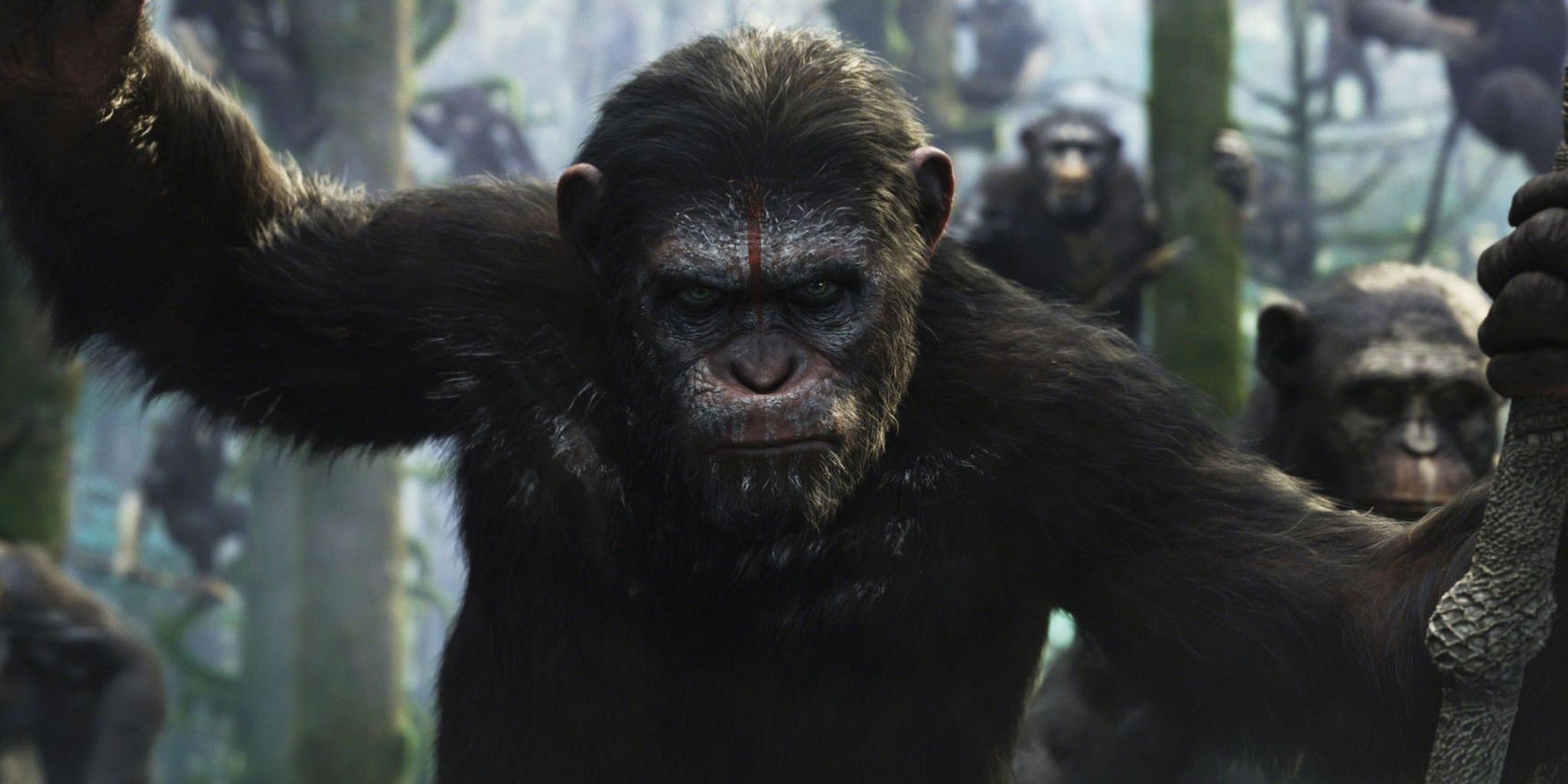For every successful standalone movie, there is at least one popular franchise, or so it would seem. Hollywood tends to create long-lasting movie franchises because when the first movie is successful, it's likely that its fans will return to watch the sequel and bring even more money to the creators.
Throughout the years, this led to some franchises that gradually lost their quality and became mere parodies of themselves. Sometimes this happened when directors changed throughout the series because the series lost its previous spirit. However, other times, even changing the director didn't hurt the series in the slightest. Some movie franchises changed their directors and still remained great, or even improved a little!
5 Harry Potter
The Harry Potter movie franchise is one of the most famous ones, and it already managed to spawn a sequel series, albeit one taking place before Harry Potter, chronologically wise. The series has eight movies in total and four different directors: Chris Columbus, Alfonso Cuarón, Mike Newell, and David Yates.
Each director brought something else to the table but all the movies had a lot to offer to the audience, even though they sometimes had to cut out important events or changed some characters. Chris Columbus' first two movies were more fairytale-like, while Cuarón presented a darker, more adult version of the story. The subsequent directors continued with this trend and as Harry and his friends grew up, the movies adjusted their focus on the adult audience as well.
4 The Original Star Trek Movie Series
Even though a lot of Star Trek fans started watching the series when Star Trek: The Next Generation premiered or even later, there would be no Star Trek franchise without the Original Series and the six subsequent movies. Robert Wise directed the first movie and Nicholas Meyer took over the second. Leonard Nimoy, who also played Spock in the series and helped to popularize it to a large degree, directed the next two movies. His colleague William Shatner, the onscreen Captain Kirk, directed the fifth movie and finally, Nicholas Meyer returned to the series with its final, sixth installment. The series ran between 1979 and 1991.
The audiences criticized the first movie for its lacking pace but appreciated the more action-filled sequel The Wrath of Khan where an iconic villain Khan made a reappearance. Other movies from the series that gained more positive reviews were the fourth one and the sixth one. But each part of the series had the power to attract the fans as they were happy to reunite with their favorite characters. It's also interesting to note that the Star Trek movies were the first time Leonard Nimoy worked as a director, yet their overall quality doesn't reflect his inexperience in this area. Nimoy subsequently went on to direct other movies, most notably the successful 1987 comedy Three Men and a Baby.
3 The Captain America MCU Trilogy
Technically, this could be said for a better part of the MCU, but the rising quality of the three Captain America movies is hard to miss. The first movie served as an introduction to the hero, but it never felt quite as connected to the rest of the MCU, most likely because it was set in the past. The subsequent two movies, however, managed to cement Captain America deep into the heart of the MCU, making him an indispensable character. So much so that once Steve Rogers retired, his good friend Sam Wilson took over the role and the shield.
The second Captain America movie was in many ways similar to classic spy/political thrillers while the third one served as an unofficial sequel to the Avengers, one that many viewers liked more than the official sequel Avengers: Age of Ultron (2015). It was also highly important for the future of the MCU since it not only introduced new heroes (Spider-Man and Black Panther) but also further set up a conflict that would culminate with the Avengers' defeat two years later at the hands of Thanos. Joe Johnston did a great job directing the first movie, but Captain America became even more prominent when the brothers Anthony and Joe Russo took over the trilogy.
2 The Original Star Wars Trilogy
Alongside Star Trek, Star Wars is the most important science-fiction franchise of all time. The original trilogy retained a high quality and is beloved by the fans to this day since it served as a building block of the complex Star Wars universe. What's more, it created some of the most popular characters, such as Han Solo and Darth Vader. Every Star Wars fan will know that George Lucas directed the first movie and was responsible for creating the concept of Star Wars.
However, Irvin Kershner directed Episode V and Richard Marquand finished the trilogy with Episode VI. To this day, many believe that Episode V was the best, but the series doesn't disappoint as a whole and influenced the world of sci-fi forever. Plus, it's more than likely that without the success of Star Wars, there would be no original Star Trek movie series.
1 Planet Of The Apes
Some of the most popular sci-fi series show the future in shining colors, as something to look forward to. That's not quite the case for the new Planet of the Apes trilogy. Most humans die after a virus spreads that give apes higher intelligence. But those humans who do survive aren't so happy about having to share their planet with another intelligent species, and it seems that a war is about to erupt.
The series went from the first movie by Rupert Wyatt which was more civil and down-to-Earth, personal, to the more epic and action-filled other movies directed by Matt Reeves. Each approach has its pluses and minuses, however, as a lot of viewers agreed, the switch in tone didn't hurt the series in the slightest thanks to the clever scripts and talented actors, led by Andy Serkis as the ape's leader, Caesar.

